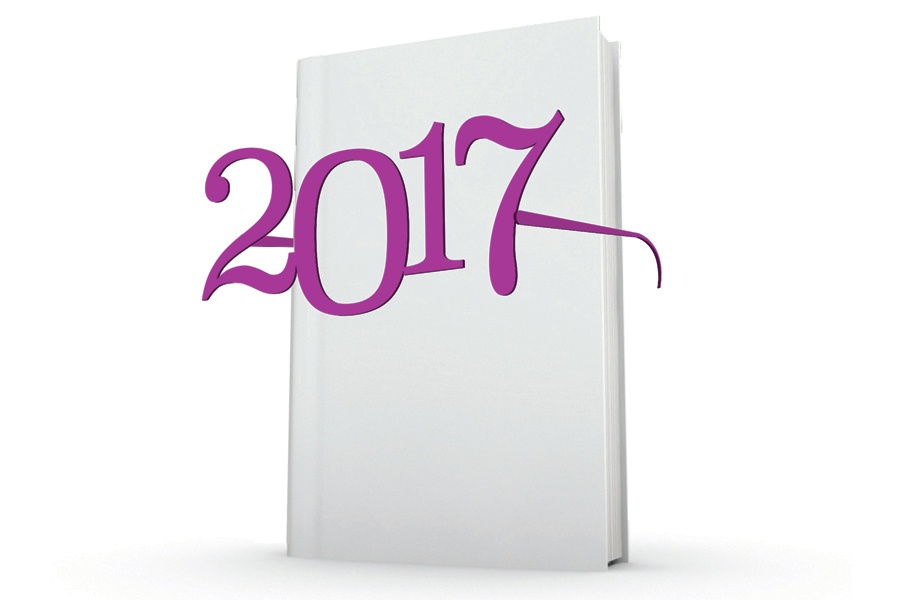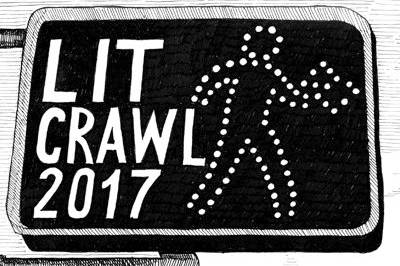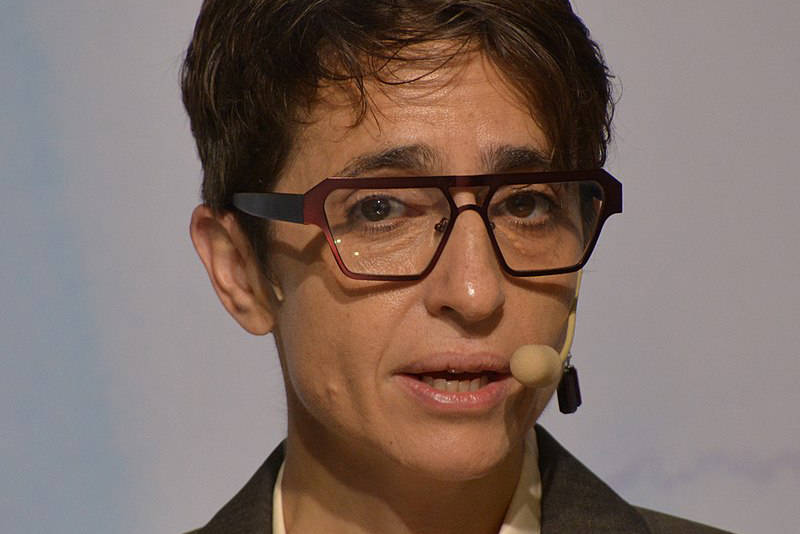Book reviewing is a funny business. You’re expected to read, process, and devise a response to a text in a matter of weeks (at best) or (realistically) days. But it takes months to fully digest a book, to contextualize it in your life and discern its full value. With that in mind, I’d like to open by talking about the books that stuck with me this year.
Of the 100 or so books I’ve read in 2016, many have disappeared entirely from my brain—they didn’t make a mark. But others have burrowed in deep; I think about some of them every day. So now that we’re at the end of 2016, I’d like to talk about the books by local authors that branded my brain, that affected the course of my thinking and, therefore, my life.
It was not a great year for local novels, but it was a fantastic year for local novels-in-stories. Donna Miscolta’s Hola and Goodbye, about multiple generations of a Mexican-American community, feels even more relevant since the election of Donald Trump. Likewise Matt Ruff’s Lovecraft Country, about African-Americans fighting Lovecraftian terrors across the United States, and Nisi Shawl’s Everfair, a loosely packed novel that spans decades while unpacking the horrific colonialism behind steampunk, are sci-fi/fantasy novels that serve a broader political purpose. (Related: If you’re the kind of person who whines about authors “politicizing fiction,” you have no understanding of the history of literature and you need to shut up right now.)
Other standouts: They’re not linked, but I think some of the short stories in Matthew Simmons’ brand-new The In-Betweens are modern Northwest classics. For nonfiction, I’ve been thinking a lot about Lesley Hazleton’s heartfelt manifesto Agnostic, which extols the joys of admitting everything you don’t know, and Sarah Glidden’s graphic novel Rolling Blackouts, which demonstrates the importance of good journalism. Both are invaluable guides for the year ahead.
Local poetry had a remarkable 2016, the kind of year we’ll be looking back on in wonder. Children of the future will ask, goggle-eyed, “You mean you had splendid new books from Hannah Faith Notess, Claudia Castro Luna, Don Mee Choi, and Ed Skoog—all in the same year?” We will nod sagely, as though we had anything to do with those books being written and published.
A few literary events will go into the hall of fame, too: the sublime Jane Wong reading her poem “Aphoristic” at Lit Crawl in November; Quenton Baker launching into the Seattle literary stratosphere at a Hugo House event at Fred Wildlife Refuge; the APRIL Festival’s fifth-anniversary reading standing as a living anthology of what makes Seattle literature so important; Sherman Alexie talking for an hour at Elliott Bay Book Company less than a week after the election of Donald Trump and never actually getting around to reading a single poem. (He talked instead about “grief poops,” those first cathartic shits after someone you love dies, and he hinted that perhaps he was under consideration to be the inaugural poet had Hillary Clinton won the election.)
Our bookish community lost a lot this year: Poet Lucia Perillo passed away; the kids’ bookstore Mockingbird Books closed, APRIL announced that next year will be their last festival; the Furnace Reading Series shut down; the old Hugo House was torn down; poet Maged Zaher announced he was moving to Atlanta; Teri Hein stepped down from her leadership position at the Bureau of Fearless Ideas; and the comics newspaper Intruder went out with a glorious orgy of cartooning.
The repercussions of this cursed year will keep rolling out in days and weeks and months to come. Seattle is guaranteed to take some hits in 2017. But we gained a lot, too: Third Place Books launched a much-needed bookstore in the south side of Seattle; Ada’s Technical Books expanded to open a new events space; the comics newspaper Thick as Thieves launched; Mattilda Bernstein Sycamore launched her new reading series, Contagious Exchanges, at the interim Hugo House location on First Hill; Outsider Comics in Fremont opened.
And here’s where you come in. You know that book you were going to write, the publishing company you were going to start, the reading series you’ve wanted to launch for years, the bookstore you want to open? Now is the time. Don’t delay. We need you to make a space and say your piece and make a platform for others. We need you to help make literary Seattle a better place in 2017. We need you, period. Let’s get to work. Let me know how I can help. The world is waiting for you.
books@seattleweekly.com
Paul Constant is the co-founder of The Seattle Review of Books. Read daily books coverage like this at seattlereviewofbooks.com.








